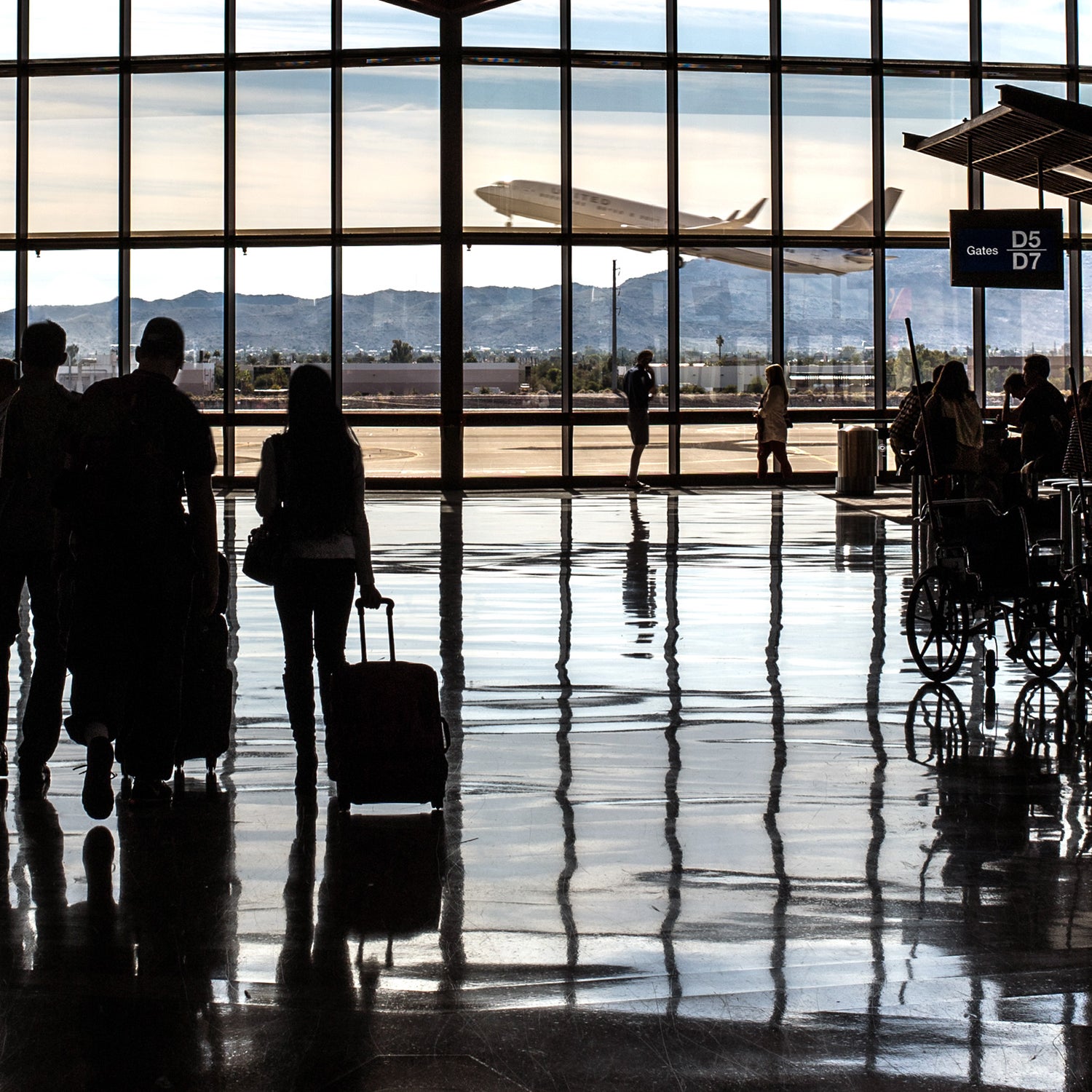Frequent-flier programs used to be simple: if you flew a lot, you earned a lot of miles. Not anymore. Following Southwest’s lead, two of the country’s largest carriers, Delta and United, recently altered their programs in ways that . Awards are no longer directly related to the distance of the flight. Rather, they’re based on how much you pay for the ticket. If you spend more money, you get more miles and more quickly earn coveted elite status, which gets you perks like free checked bags and priority boarding.
While the system is now rigged against value-conscious travelers, there are ways to maximize mileage earnings.
The change has irritated travelers, but for the airlines the revenue-based system makes fiscal sense. It rewards the highest-paying travelers—those who not only fly frequently but also purchase business-class and last-minute tickets at higher prices. “The rich get richer and the poor get poorer,” says Matthew Klint, cofounder of . “We have also seen award-chart inflation over the past year, so not only will most consumers be earning fewer miles, but they’ll need more of them when it comes time to redeem for a trip.” So are frequent-flier miles a waste of time? “I wouldn’t say they’re worthless,” says Tim Winship, founder of , “but it’s certainly a step in that direction.”
How to Maximize Your Mileage Earnings
While the system is now rigged against value-conscious travelers, there are ways to maximize mileage earnings. Some carriers, like American and Alaska Airlines, still run miles-for-miles programs. As for the others, “There’s still value in them, especially for folks who are earning miles through activities other than flying, which is how about two-thirds of miles are accrued,” says Gary Leff, cofounder of , a mileage-advice site.
One strategy: credit cards like the United MileagePlus Explorer Card or Delta’s American Express offer big sign-up bonuses, miles for every dollar spent, and perks like free checked bags. Other cards, such as Chase Sapphire Preferred, let you redeem points with multiple airlines. You can also earn miles by making purchases through airlines’ online malls or taking part in promotions—for example, Fidelity awards up to 50,000 United miles for new brokerage accounts.
“At a certain point, you have to ask yourself how much time you’re willing to devote to these programs,” says FrequentFlier.com’s Tim Winship. You might save more by using a cash-back credit card—like American Express’s Blue Cash—and spending the money on whatever.
Exactly How Much the Changes Will Cost You
Under Delta's and United's new rules, leisure travelers, who often buy tickets well in advance at lower fares, will earn fewer miles. Below, a few examples.
Los Angeles to Denver
Old system: Travel 1,724 miles round-trip = 1,724 points
New system: Buy a $208 ticket = 1,040 points
Seattle to Anchorage
Old system: Travel 2,898 miles round-trip = 2,898 points
New system: Buy a $408 ticket = 2,040 points
New York City to Salt Lake City
Old system: Travel 3,978 miles round-trip = 3,978 points
New system: Buy a $411 ticket = 2,055 points
Houston to Santiago, Chile
Old system: Travel 9,312 miles round-trip = 9,312 points
New system: Buy a $1,164 ticket = 5,820 points


